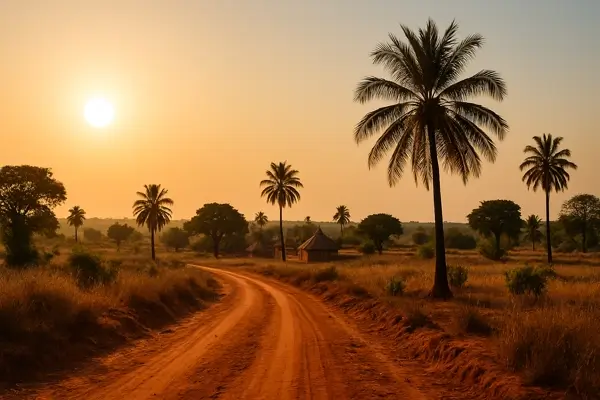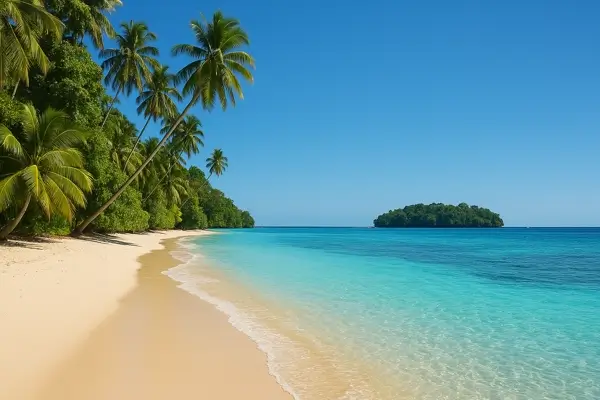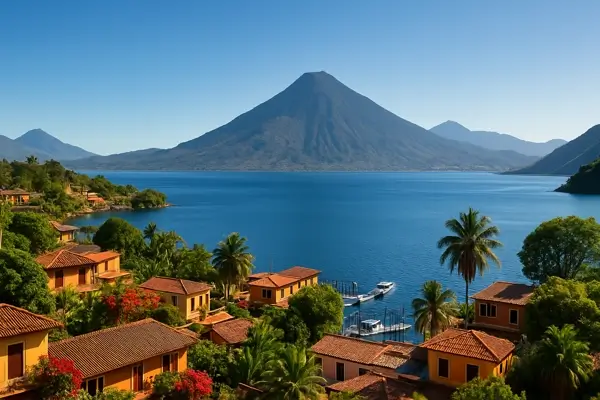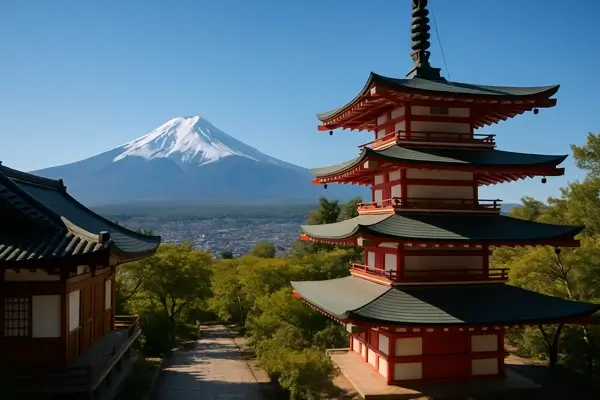
A Rich Historical Legacy
Benin has a rich cultural and historical heritage, being the location of the Kingdom of Dahomey, one of West Africa’s most powerful kingdoms from the 17th to the 19th centuries. The kingdom was known for its military prowess, including its all-female army, often referred to as the Amazons of Dahomey.
The Birthplace of Voodoo
Benin is often considered the birthplace of Voodoo, a religion that originated in the region and spread to other parts of the world, particularly the Americas. Voodoo is still widely practiced in Benin and is officially recognized as a religion in the country.
Cotonou – Economic Hub
Cotonou, the largest city in Benin, serves as the country’s economic and commercial center. It is home to the main seaport, which plays a crucial role in trade and commerce for Benin and several neighboring countries.
A Coastal Country
Benin is located along the Gulf of Guinea, with a coastline of around 121 kilometers. This coastal location contributes to its important role in fishing and trade, with beaches like Ouidah attracting visitors for both historical significance and natural beauty.
Ouidah and its Historical Significance
Ouidah, a coastal city, holds significant historical importance as a key port in the transatlantic slave trade. The Door of No Return in Ouidah commemorates the many enslaved Africans who were forcibly shipped to the Americas.
A Rich Cultural Heritage
Benin’s culture is a blend of African traditions, French colonial influence, and indigenous beliefs. The country is known for its vibrant art, dance, music, and traditional crafts, particularly bronze casting, wood carving, and textile weaving.
A Land of Diverse Ethnic Groups
Benin is home to over 60 ethnic groups, with the Fon, Yoruba, and Bariba being the largest. Each ethnic group has its own language, traditions, and cultural practices, contributing to the country’s rich social fabric.
Lake Nokoué and its Floating Villages
Lake Nokoué is a large freshwater lake in Benin, known for its floating villages like Ganvié, often called the "Venice of Africa." The village is built on stilts, and its inhabitants live and work on the water, relying on fishing as their primary livelihood.
Benin's National Parks and Wildlife
Benin is home to several national parks, including Pendjari National Park, which is part of the W-Arly-Pendjari complex of parks in West Africa. The park is a UNESCO World Heritage site and is home to diverse wildlife, including lions, elephants, and antelopes.
Political Stability
Benin is considered one of the most democratic and stable countries in West Africa. It has held several peaceful multi-party elections and has a reputation for being an example of democratic transition in the region.



